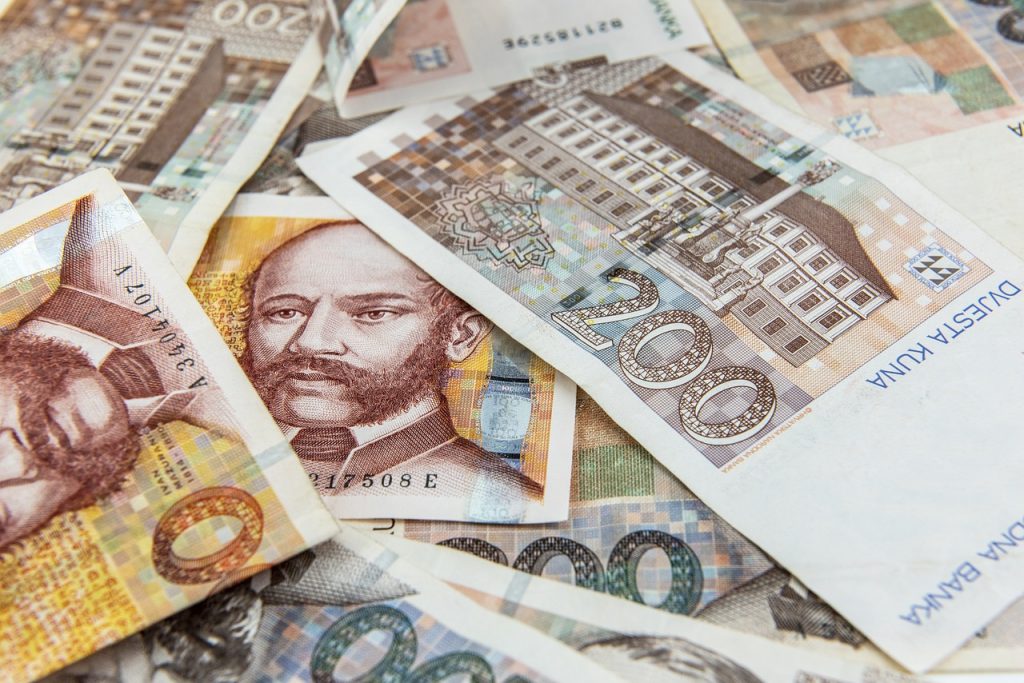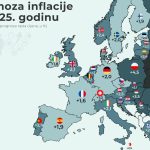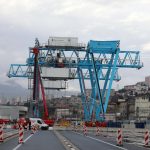“I don’t know what awaits us, what new viruses will bring, but so far we have responded to the threat well. As far as I know, no one has been denied a service,” he told the opposition in parliament in a debate on the first report on the COVID measures taken from March 2020 to mid-January 2021.
All the measures have been aimed at protecting health, proportionate, and they have not affected anyone’s basic rights, Beroš said.
I wonder how we did it
The COVID crisis has cost us enormously, I wonder how we did it given the execution of budget revenues and the health budget, the minister said responding to Željko Riner of the ruling HDZ, adding that over HRK 685 million had been spent on tests, HRK 450 million on treatment and HRK 115 million on sick leave.
As a small country, Croatia did not have the strength to enter negotiations with pharmaceutical companies alone. The European Commission did it for the 27 member states when it was not known who would manufacture a vaccine and when, Beroš told Marija Selak Raspudić of the opposition Bridge.
She said the contracts with those companies were usurious and asked what Croatia was doing to make them more transparent. “I don’t know if they are usurious,” replied Beroš.
Renata Sabljar Dračevac of the opposition Social Democrats (SDP) asked if most Croatian citizens would be vaccinated by the summer.
Beroš said the government started considering the need to procure vaccines long ago. “Why so many doses? We procured them when we didn’t know who would develop the vaccine first and when. Most member states focused on AstraZeneca, yet Pfizer turned out to be the first,” he said, adding that vaccination would be delayed due Pfizer’s fewer doses.
Beroš said Croatia could not turn to other manufacturers because their vaccines had not been approved by the European Medicines Agency.
Rada Borić of the opposition green-left bloc asked about Croatia’s stand on the Russian and Chinese vaccines. Beroš said they were not safe for Croatian citizens because “they have not undergone clinical trials, only the first and second stages… When it’s safer, we’ll certainly discuss it.”
About 100 doses for politicians irrelevant in total number
Beroš justified the fact that about 100 MPs and ministers were among the first to be vaccinated. “About 100 doses is irrelevant in the total number. We estimated that the promotional impact of their vaccination is more significant,” he told Stipe Mlinarić (SDP), who said that vaccinating politicians before older people was a wrong message.
Hrvoje Zekanović of the opposition Sovereignists asked how come Bosnia and Herzegovina had fewer cases given that it did not have a lockdown. Beroš said “many elements have an effect on that.”
Responding to the opposition’s criticism over the closure of bars and restaurants, he said that “according to epidemiologists, they are absolutely sources of the spread of the virus.” He said epidemiologists were considering whether to reopen them and that the summer tourist season was already being considered.
Beroš dismissed the claim by Domagoj Prica (SDP) that the measures were extreme, saying they were adopted based on what was known and information from the world, and that they were adjusted to the moment with the intention to respond in the best way.
Vesna Vučemilović of the opposition Homeland Movement asked why children who went to school could not practice sports. Beroš said he was confident certain sports would be allowed as part of measures to go into force on 1 February.
He said the possibility of introducing an accelerated retirement plan for medical staff who worked with COVID patients was being considered. Responding to Katarina Peović of the opposition Workers’ Front, he said this was not simple under the Labour Act but that this did not mean its amendments would not be considered if the crisis were to last.








